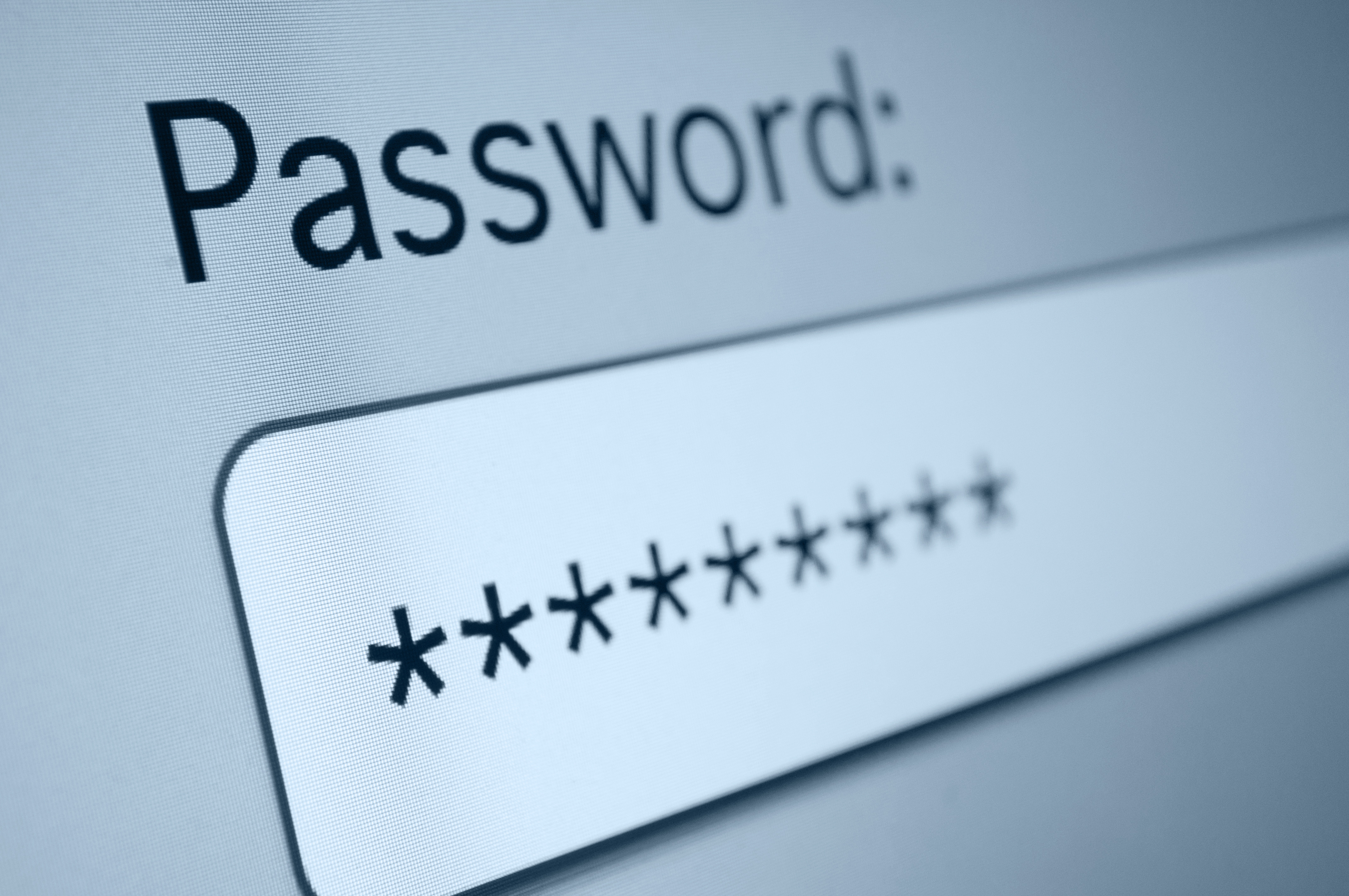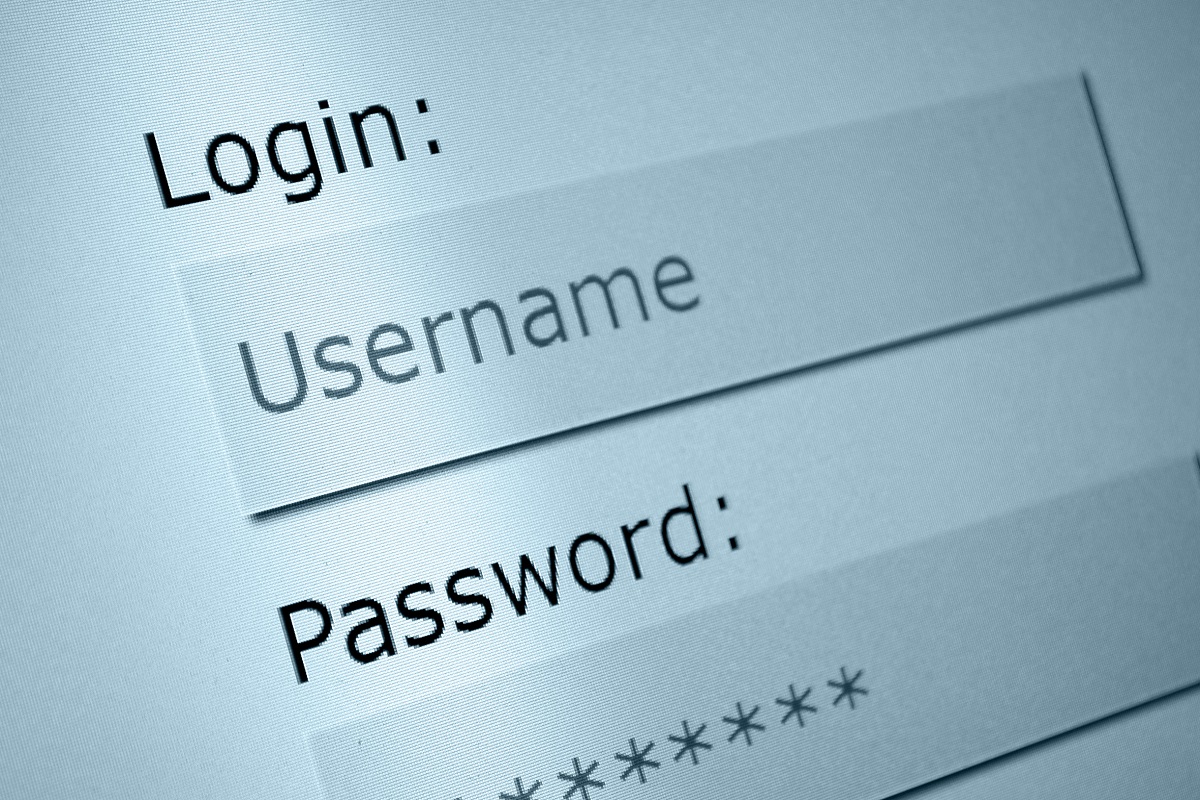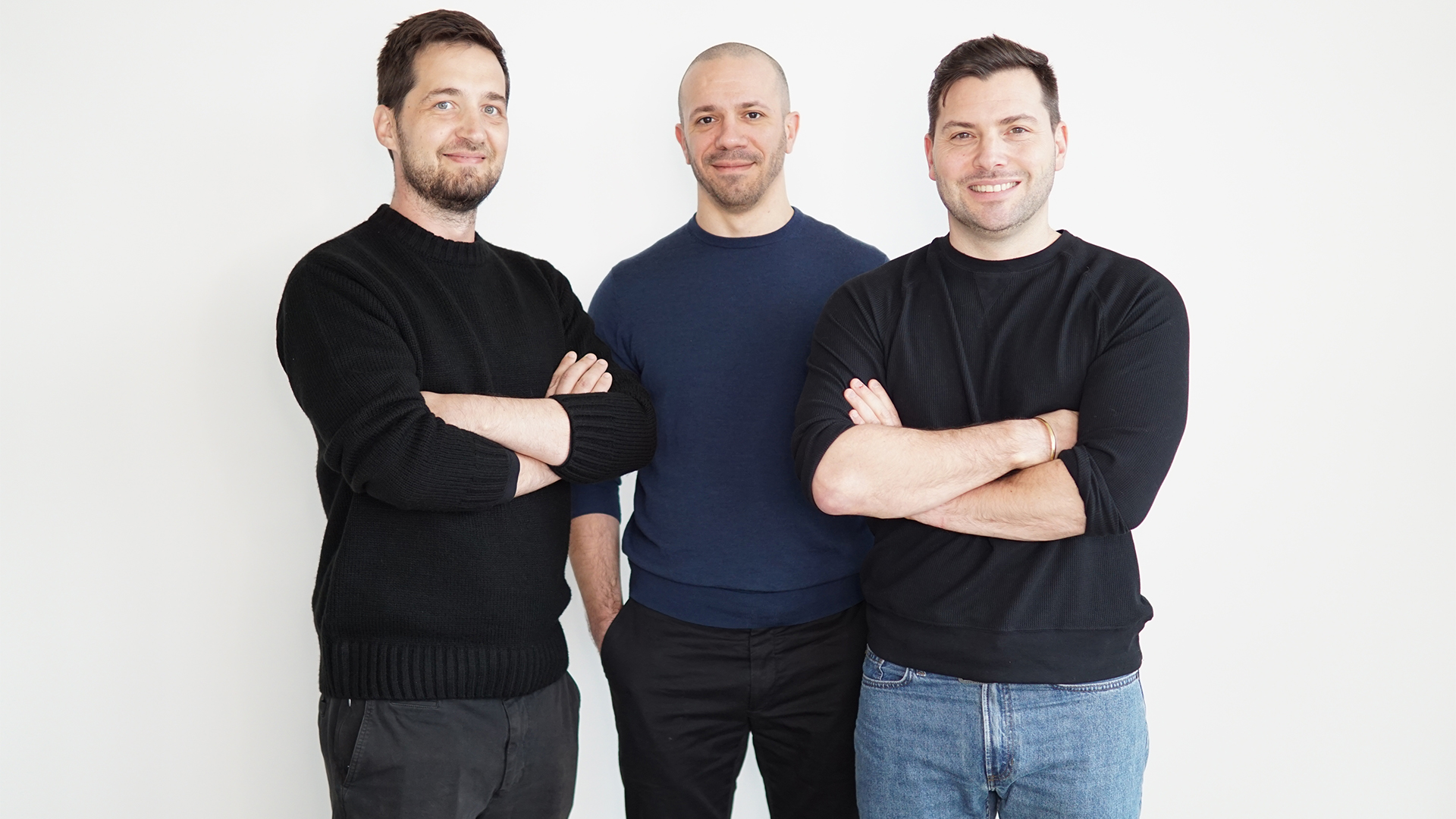Businesses could ditch passwords for new cryptographic key system
Cyber security firm Unbound Tech unveils a password-less solution it calls “Crypto-of-Things”

For years, major players in the tech sector have talked up the possibility of a passwordless future. Regular readers of IT Pro know using passwords alone isn’t the most secure way to protect your information.
The question remains, however: What would a passwordless security system look like, and when will the technology be ready to make it happen?
Now, Unbound Tech, a blockchain cybersecurity firm that focuses on cryptographic key management and protection, is launching a new login system it calls the “Crypto-of-Things.”
It’s a decentralized key-management system designed to replace standard passwords, hardware tokens and software-generated one-time passwords, the company announced.
The new login system will be marketed to businesses using those methods. The Crypto-of-Things platform is designed to secure high-risk operations and authenticate transaction approvals without the typical security, usability and cost trade-offs that come with those methods, the company said.
“Unbound’s CoT leverages our advanced software that seamlessly integrates and leverages a business’s existing security policies while providing a unified interface with the highest degree of security for all types of devices,” said Unbound Tech’s co-founder and CEO, Yehuda Lindell.
The cryptographic system can also be used to access blockchain wallets.
Sign up today and you will receive a free copy of our Future Focus 2025 report - the leading guidance on AI, cybersecurity and other IT challenges as per 700+ senior executives
This new login platform stores cryptographic keys in a decentralized way across multiple devices, ensuring a key can be secured anywhere at any time, the company said. The cryptographic data never exists in complete form in any one place.
Although the tech sector has explored passwordless concepts for years, Lindell asserted the adoption of password-free techniques has been slow because software-only solutions aren’t secure enough, and hardware-only solutions lead to bad user experiences and operations problems.
It’s well-established that standard passwords are far from secure — although most people remain unaware of this. These days, passwords are typically easy to crack and are an antiquated way of protecting an account.
-
 Thousands of exposed civil servant passwords are up for grabs online
Thousands of exposed civil servant passwords are up for grabs onlineNews While the password security failures are concerning, they pale in comparison to other nations
-
 Gen Z has a cyber hygiene problem
Gen Z has a cyber hygiene problemNews A new survey shows Gen Z is far less concerned about cybersecurity than older generations
-
 Passwords are a problem: why device-bound passkeys can be the future of secure authentication
Passwords are a problem: why device-bound passkeys can be the future of secure authenticationIndustry insights AI-driven cyberthreats demand a passwordless future…
-
 LastPass just launched a tool to help security teams keep tabs on shadow IT risks
LastPass just launched a tool to help security teams keep tabs on shadow IT risksNews Companies need to know what apps their employees are using, so LastPass made a browser extension to help
-
 The NCSC wants you to start using password managers and passkeys – here’s how to choose the best options
The NCSC wants you to start using password managers and passkeys – here’s how to choose the best optionsNews New guidance from the NCSC recommends using passkeys and password managers – but how can you choose the best option? ITPro has you covered.
-
 I love magic links – why aren’t more services using them?
I love magic links – why aren’t more services using them?Opinion Using magic links instead of passwords is safe and easy but they’re still infuriatingly underused by businesses
-
 Password management startup Passbolt secures $8 million to shake up credential security
Password management startup Passbolt secures $8 million to shake up credential securityNews Password management startup Passbolt has secured $8 million in funding as part of a Series A investment round.
-
 LastPass breach comes back to haunt users as hackers steal $12 million in cryptocurrency
LastPass breach comes back to haunt users as hackers steal $12 million in cryptocurrencyNews The hackers behind the LastPass breach are on a rampage two years after their initial attack

